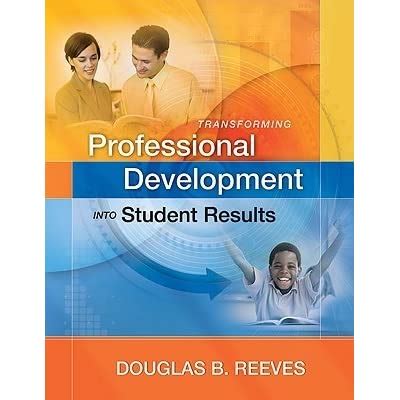A Quote by Derek Bok
I don't regard the fact that there's a disparity in test scores nearly as importantly as I do the need for diversity, because I know from long experience that test scores, though useful, are a very limited measure of things that matter in choosing students.
Related Quotes
When teachers are forced to teach to the test, students get bored and genuine education ceases, no matter what the test scores may say… The examination as a test of the past is of no value for increased learning ability. Like all external motivators, it can produce a short term effect, but examinations for the purpose of grading the past do not hook a student on learning for life.
I was always told that I was good in mathematics, and I guess my grades and standardized test scores supported that. My worst subjects were those that generally involved a lot of reading - English and history. So, having good test scores in math and mediocre ones in reading, I was naturally advised to major in engineering in college.
For teachers, getting annual test scores several months after taking the test and in most cases long after the students have departed for the summer sends a message: Here's the data that would have helped you improve your teaching based on the needs of these students if you would have had it in time, but since it's late and there's nothing you can do about it, we'll just release it to the newspapers so they can editorialize again about how bad our schools are.
Have I ever remarked on how completely ridiculous it is to ask high school students to decide what they want to do with the rest of their lives and give them nearly no support in doing so? Support like, say, spending a day apiece watching twenty different jobs and then another week at their top three choices, with salary charts and projections and probabilities of graduating that subject given their test scores? The more so considering this is a central allocation question for the entire economy?




































